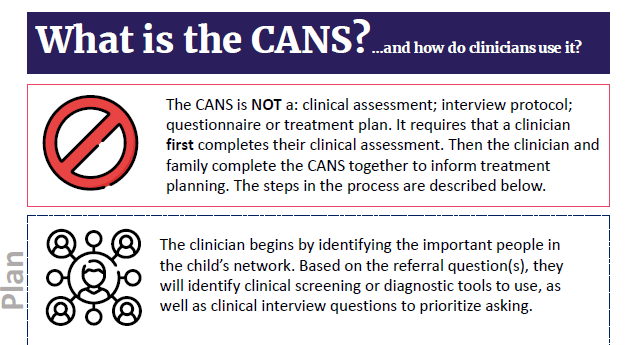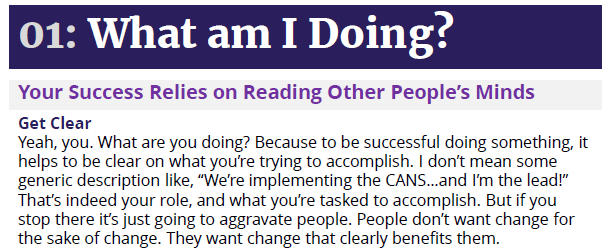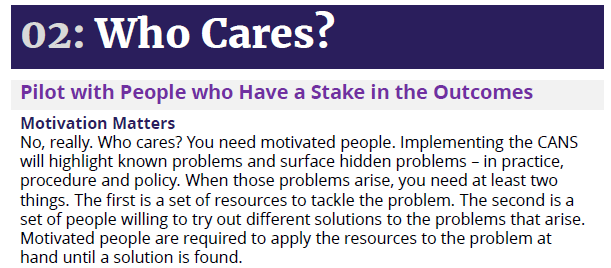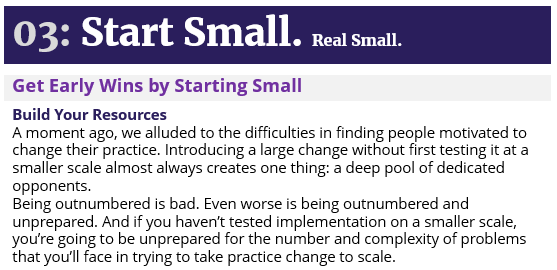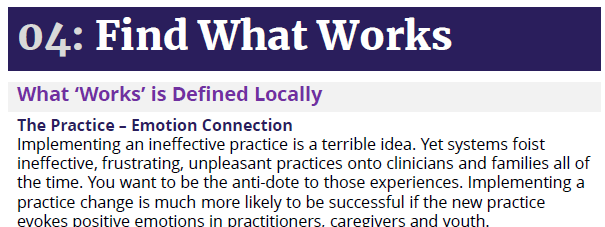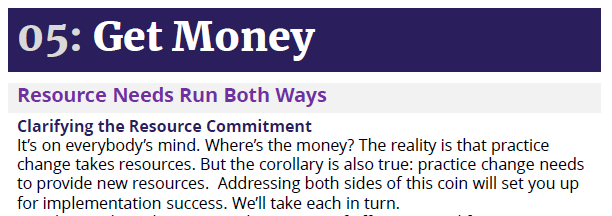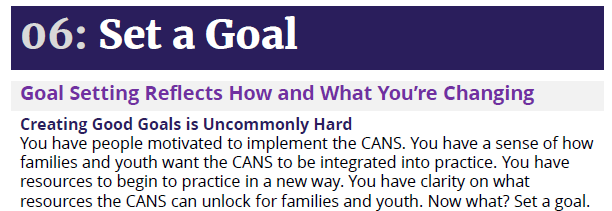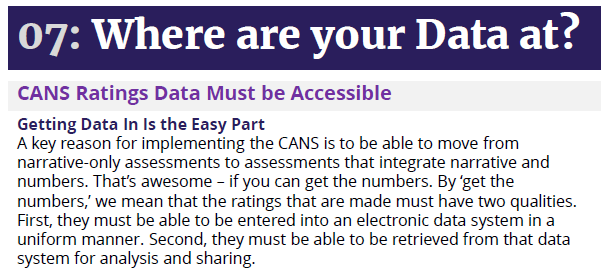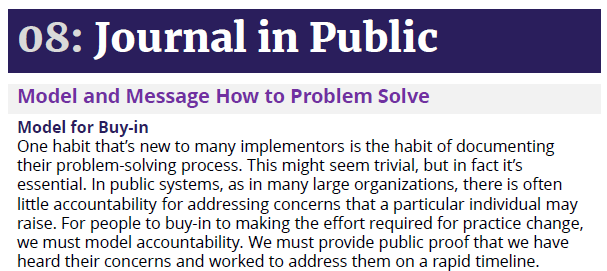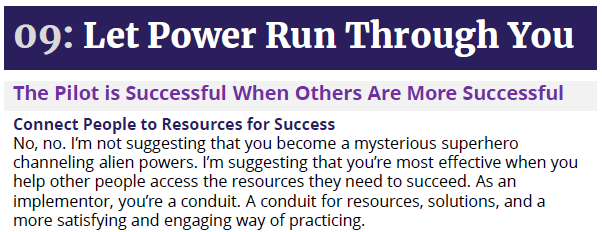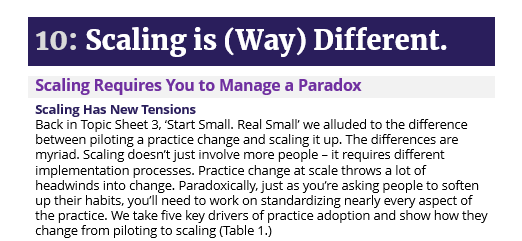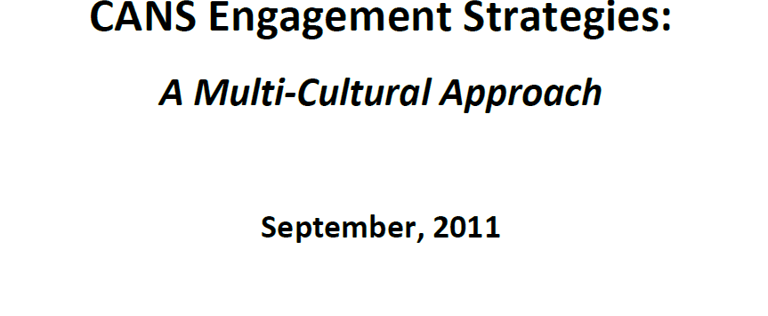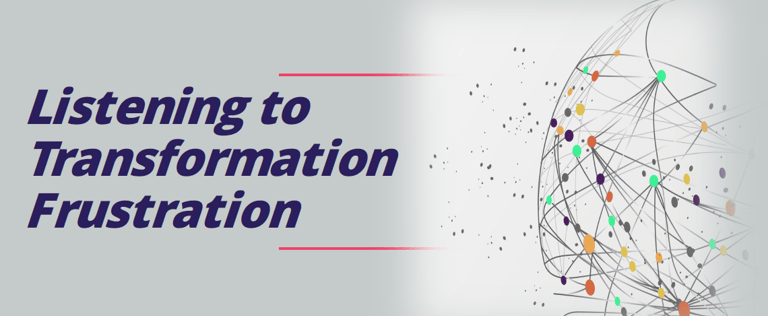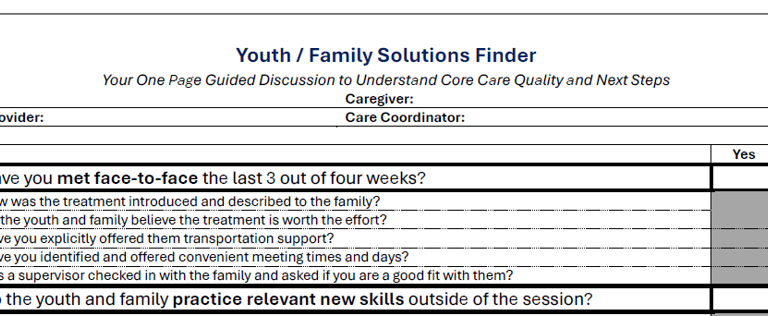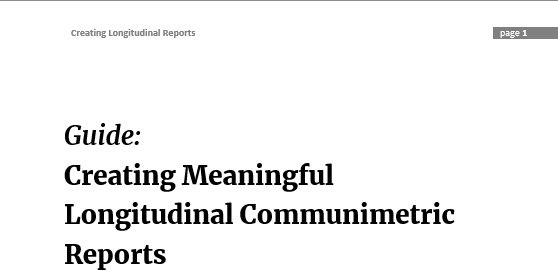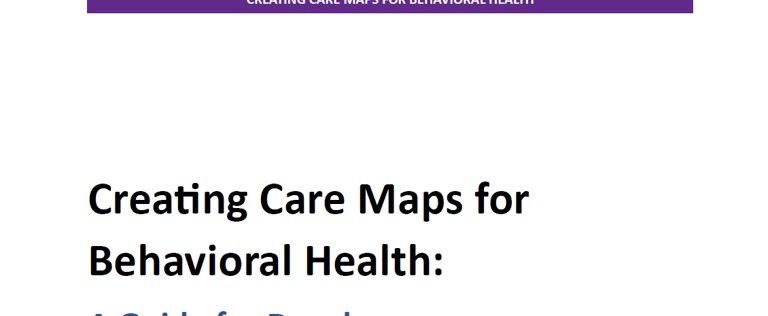Be the First to Know!
Submit your email address below and get CANS implementation resources first!
CANS Implementation
Below are a series of practical tools for implementing (or re-implementing!) the CANS in your locale. Many of the tools here can also be used with other outcome management measures, with some adaptation.
CANS: What is it? and How is it used?
This one-page infographic lays out what the CANS is (and is not!) and how it is used in clinical practice. This is designed for distribution to people inside or outside of a behavioral healthcare system who are just starting to learn about the CANS.
CANS Kick-Off Guide
This Guide is a resource designed to help you start out on the right foot, to give you a framework for what it takes to implement the CANS successfully. We've broken this Guide into handy, quick-read briefs. They're available below. This is an evolving document– when you read through and it sparks your own insights, let me know. I’d love to integrate them!
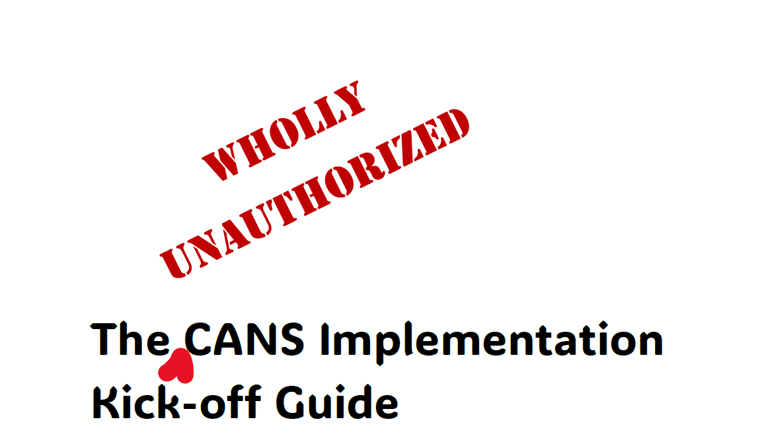

01: What am I Doing?
In this first Topic Sheet we cover how to describe implementation in a way that engages other potential partners.
02: Who Cares?
In our second brief we explore how to find committed implementation partners.
03: Start Small
We describe how to create a manageable scope of participants for your pilot.
04: Find What Works
Here we focus in on how to identify and promote effective practices in collaborative assessment, and translate those into a Practice Guide.
05: Get Money
Here we dive into resource responsibilities in implementation. In particular we focus on identifying how CANS implementation creates more resources for practitioners and families.
06: Set a Goal
In this brief we walk through the process of creating more practical implementation goals. We walk through how to create these cause-and-effect goals.
07: Where are your Data at?
Relevant, timely information flows facilitate better decision-making in systems. We walk through considerations in setting up your information flows in the implementation process.
08: Journaling in Public
Get comfortable writing and having people read what you've written! Here we detail how you can use documentation to build enduring trust and a knowledge base among early implementers.
09: Let Power Run Though You
How you manage the implementation will strongly influence buy-in for scaling the CANS. We provide a rationale for empowering implementation participants, and setting yourself up for successful expansion of the pilot.
10: Scaling is (Way) Different
Pilots are unique. They're designed to test if a change can be implemented. Scaling is different. Scaling is intended to demonstrate that the change can be replicated across different people and contexts. We identify considerations in planning for the move from piloting to scaling CANS implementation.
Collaborative Assessment Strategies
Our classic resource for conducting a psychosocial assessment and completing CANS ratings. Based on more than 20 focus groups with diverse caregivers and youth, this resource describes how to elicit engagement, collaboratively complete an assessment, and rate the CANS items. Specific guidance on collaborating with Spanish-speaking caregivers, Cantonese-speaking caregivers, and African American caregivers.

TCOM 2024 Handouts
Scroll down to find them all!
Click on the button below to send me a message directly -
let's connect!
Conference Slides
Here are the key slides from the conference presentation, available as a pdf.
Youth / Family Solutions Finder
This one-page aid helps clinicians, supervisors, teams and administrators identify efforts already taken to engage youth and families, and explore next steps to deepen engagement. These prompts map directly onto practices that have been shown to improve youth functioning and strength development.
Family and Youth Experience Interviews
This interview guide uses a novel approach to identify recent experiences of care, particular practices associated with positive or negative care experiences, and desired care practices. To access the manual, click the button below and send a request to Nate Israel.
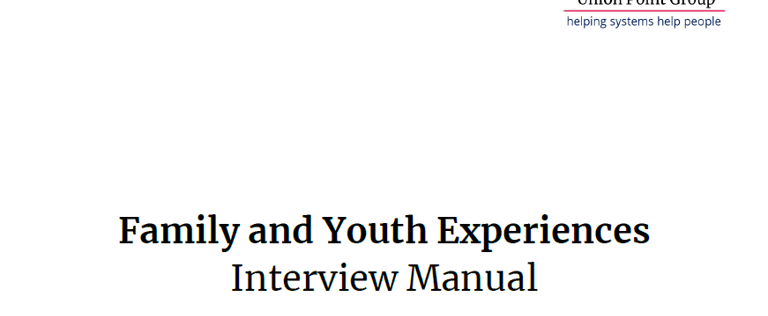

Creating Meaning Longitudinal Reports
This guide helps data analysts set up their data for apples-to-apples comparisons over time. The brief address twpo key issues. They are: how to deal with assessments completed during different time periods, and how to create an episode structure to identify which providers are responsible for facilitating change.
Care Maps
Care Maps are a critical tool for communicating how people move through care. Care Maps are used in system development, outreach and training, and quality improvement efforts. This guide helps you develop useful, current, trustworthy maps of key care processes.

